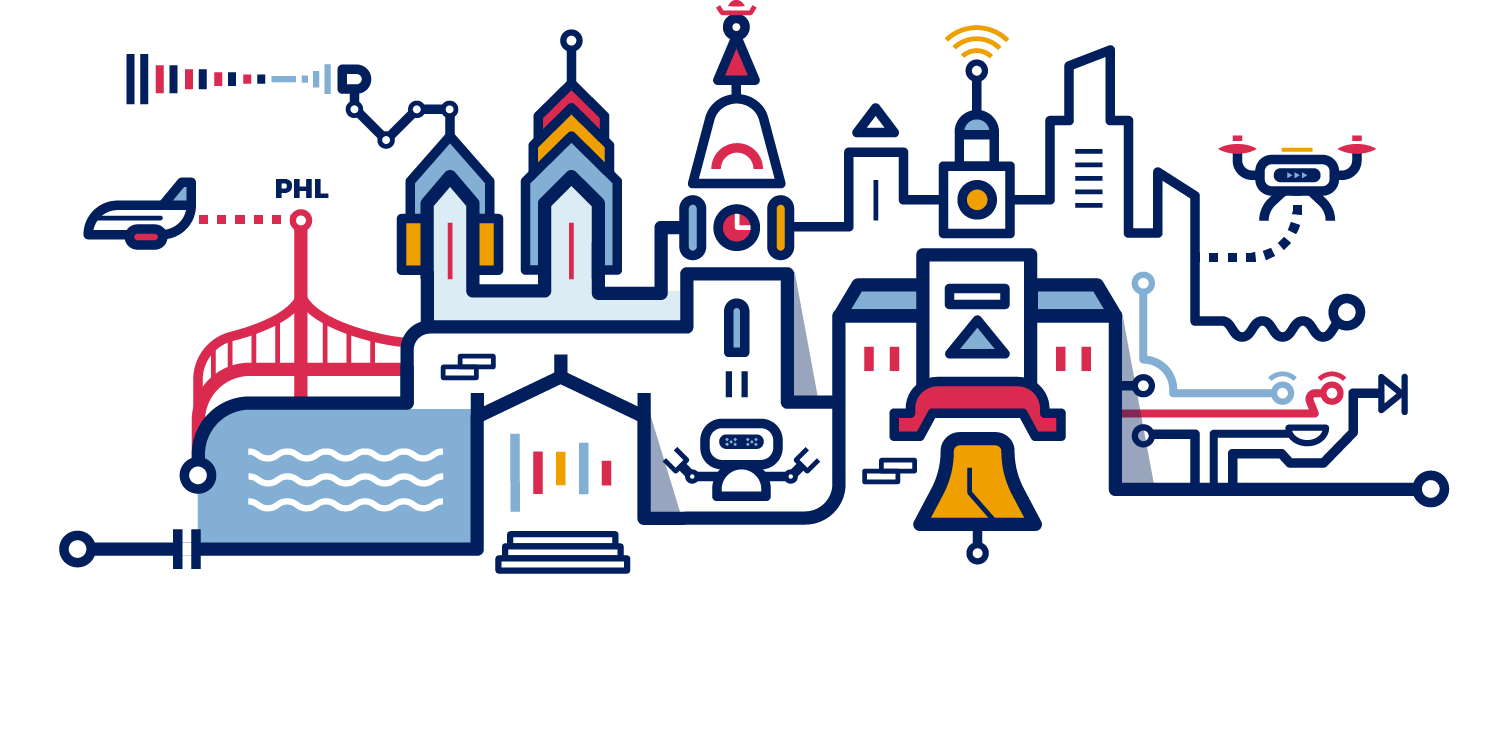
Robohub.org
A newcomer’s guide to #ICRA2022: A primer

Dear robotics graduate students and newcomers to robotics,
If you are what I imagine delving into robotics to be like today, the majority of your time is spent as follows:
- navigating Slack channels while tuning into some online lectures,
- trying to figure out whether you should be reading more papers, coding more, or if you are just a slow reader/coder/etc,
- and if you are a grad student, in particular, having a never-ending cycle of self-doubt questions that seem super important, such as “what is a research question anyway? And how do you find one that no one has tackled before — and not because it’s a dumb question? Oh wait… is my question dumb? Can I find out without asking my prof?”
Much of the questions I had as a grad student stemmed from my lack of knowledge about what is considered to be normal by academia, the robotics community, and more narrowly the subdomain of robotics I belonged to. The friends/colleagues/people I met along the way helped me fill that much-needed knowledge gap about the norm because many of us were on the same journey with similar struggles/questions.
As an assistant professor who spent the majority of my professorship in the COVID-19 pandemic mode, I worry that my students’ grad school journey has not offered the same kind of shared experience and camaraderie with people in the domain that I am now seeing the huge benefit of.
The upcoming IEEE International Conference on Robotics and Automation 2022 will be the first robotics conference that many of you attend in-person since the pandemic (I’m in this category). For many of you, it may be your first time attending an academic conference. For even more of you, this may be your first virtual attendance at ICRA.
ICRA is a multi-track, full-week of robotics festivity that draws in thousands. It can pass by you in a blink.
So, in a series of short blog posts (because, who has the time these days), I am going to highlight a few things in the form of a millennial’s guide to ICRA.
I’m assuming that you, the reader, may be as impatient a reader as I am, who likes information presented in a short, snappy, and organized way. The more bullet points the better.
So let’s get started.
** Full disclosure, I’m one of the two publicity co-chairs for the ICRA conference. If you want to be on the grounds of ICRA as a student science communicator, reach out to us. **
tags: Annoincement, c-Events, Event, ICRA, icra2022, Research




